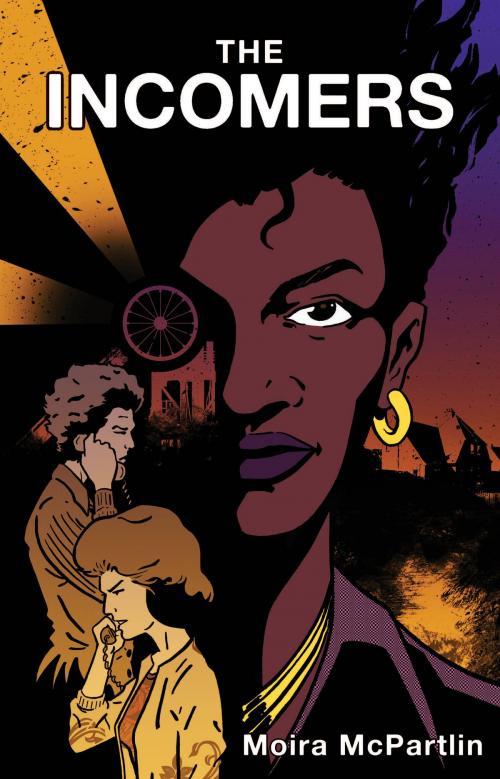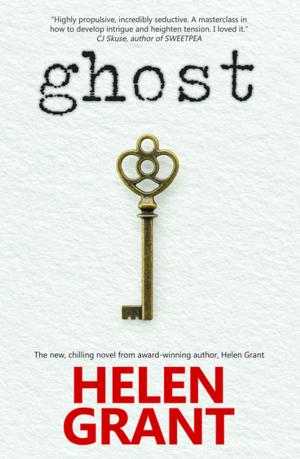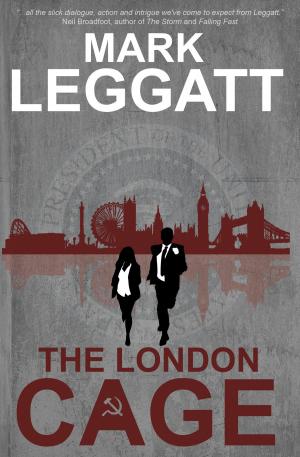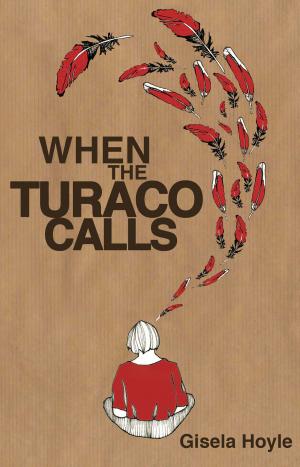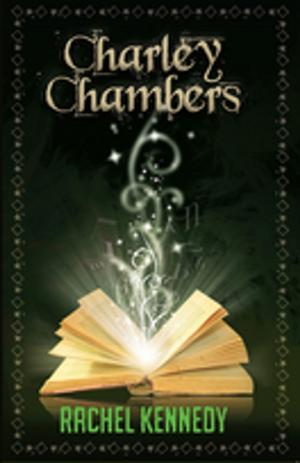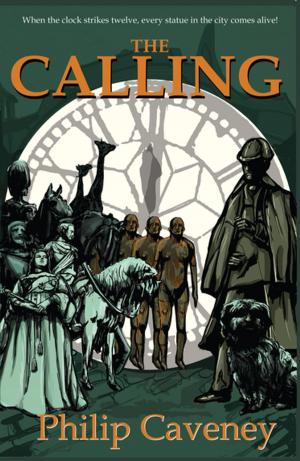| Author: | Moira McPartlin | ISBN: | 9781905916467 |
| Publisher: | Fledgling Press | Publication: | April 2, 2012 |
| Imprint: | Fledgling Press | Language: | English |
| Author: | Moira McPartlin |
| ISBN: | 9781905916467 |
| Publisher: | Fledgling Press |
| Publication: | April 2, 2012 |
| Imprint: | Fledgling Press |
| Language: | English |
Mission-raised Ellie Amadi expects to live a dream life when she and her son Nat leave home in West Africa to join her white, estate factor, husband James in the Fife mining village of Hollyburn. In 1966 Fife, mixed marriages are unusual, never mind interracial ones, and Ellie soon witnesses the villagers' ignorance of outsiders. Ellie struggles to adapt to her new life and rebels against her husband's pressure on her to conform. When she is accused of neglecting her baby, and subjected to an allegation of witchcraft, Ellie questions her ability to go on living among white faces. The story draws on deep parallels between the cultures of West Africa and Scotland. Each chapter ends with a vernacular 'party line' telephone conversation between two village women, tracking the initial animosity towards Ellie and gradually, a grudging acceptance of her. When Nat is abducted by the school bully and nearly drowns, Ellie is stunned by the hostility she receives from an African male doctor. It is only then she realises that prejudice of incomers exists everywhere, and acceptance grows if nurtured by familiarity. This novel cleverly explores historical racial prejudice in Scotland and may raise some difficult cultural issues, perhaps still applicable 45 years later.
Mission-raised Ellie Amadi expects to live a dream life when she and her son Nat leave home in West Africa to join her white, estate factor, husband James in the Fife mining village of Hollyburn. In 1966 Fife, mixed marriages are unusual, never mind interracial ones, and Ellie soon witnesses the villagers' ignorance of outsiders. Ellie struggles to adapt to her new life and rebels against her husband's pressure on her to conform. When she is accused of neglecting her baby, and subjected to an allegation of witchcraft, Ellie questions her ability to go on living among white faces. The story draws on deep parallels between the cultures of West Africa and Scotland. Each chapter ends with a vernacular 'party line' telephone conversation between two village women, tracking the initial animosity towards Ellie and gradually, a grudging acceptance of her. When Nat is abducted by the school bully and nearly drowns, Ellie is stunned by the hostility she receives from an African male doctor. It is only then she realises that prejudice of incomers exists everywhere, and acceptance grows if nurtured by familiarity. This novel cleverly explores historical racial prejudice in Scotland and may raise some difficult cultural issues, perhaps still applicable 45 years later.
